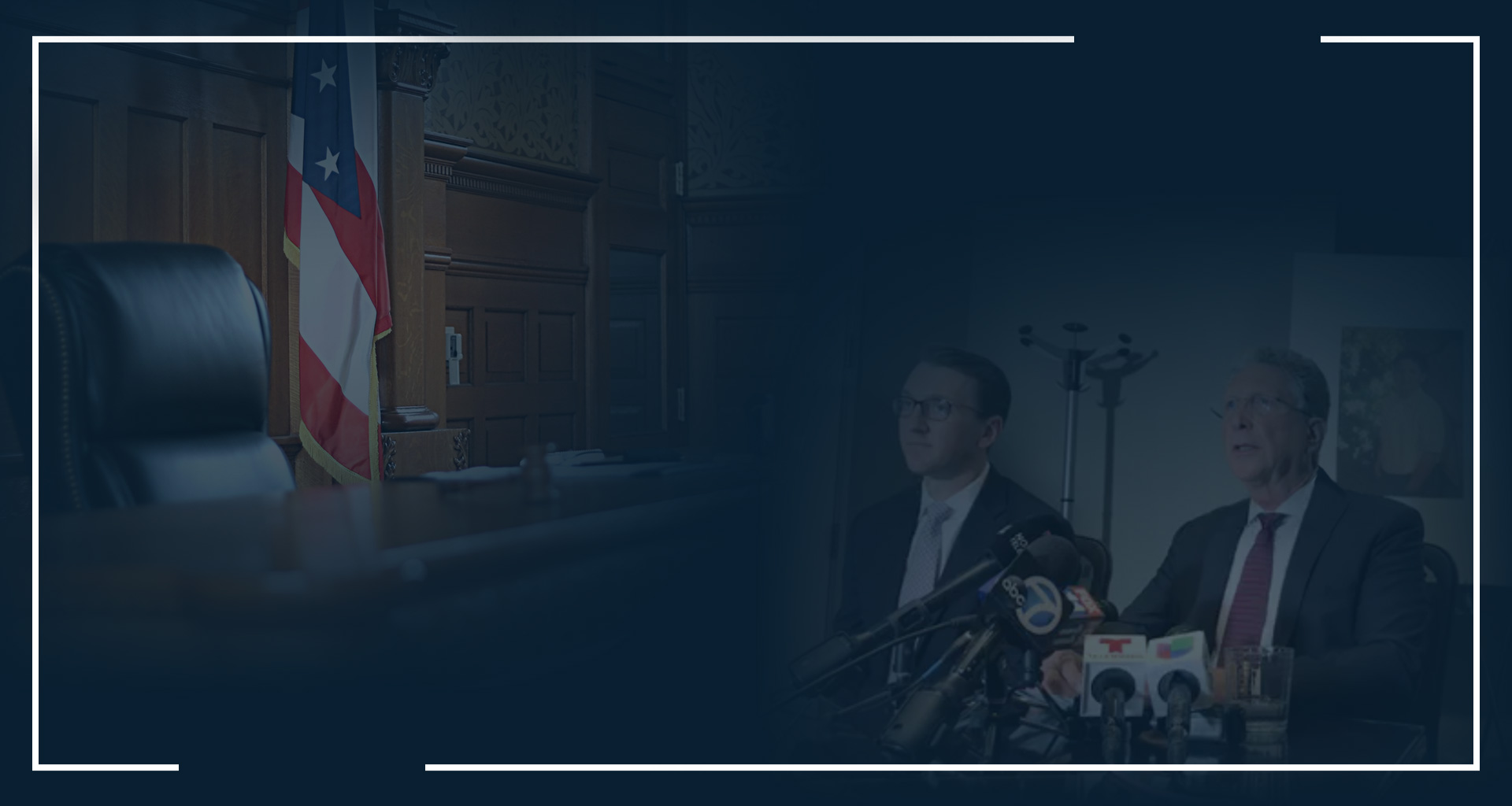Sexual abuse is a deeply traumatic experience that can leave survivors dealing with lifelong psychological, emotional, and physical scars. When such abuse is systemic—occurring in institutions like schools, churches, or organizations—it often affects numerous individuals. In these cases, survivors may find strength in numbers and choose to pursue legal action through a class action lawsuit.
But how exactly do class action lawsuits work in sexual abuse cases? This blog post explores the legal mechanics, benefits, challenges, and outcomes of using this legal pathway for justice.
What Is a Class Action Lawsuit?
A class action lawsuit is a legal action filed by one or more plaintiffs on behalf of a larger group of people who have suffered similar harm. Instead of filing individual lawsuits, plaintiffs with common issues join together in a single lawsuit against the defendant(s). The court must certify the class, meaning it recognizes that the case meets certain criteria, such as shared legal or factual claims among the group.
In the context of sexual abuse, this legal mechanism is often used when numerous survivors allege abuse by the same individual, institution, or under similar circumstances. This can include cases involving religious organizations, youth groups, athletic associations, educational institutions, and even companies.
How Class Actions Are Initiated in Sexual Abuse Cases
- Identifying a Pattern of Abuse: The first step typically begins when multiple victims come forward, revealing a pattern of abuse linked to a common perpetrator or enabling institution. Investigative journalism, whistleblowers, or internal reports often spark these revelations.
- Finding Representation: Attorneys specializing in personal injury or sexual abuse law gather victims to file a complaint. A few plaintiffs (called lead or representative plaintiffs) will file the suit on behalf of the broader group.
- Class Certification: Before proceeding, a court must certify the class. Certification requires:
- Numerosity: There are too many plaintiffs for individual lawsuits to be practical.
- Commonality: The plaintiffs share common legal or factual issues.
- Typicality: The claims of the lead plaintiffs are typical of the rest of the group.
- Adequacy: The lead plaintiffs and their attorneys can adequately represent the class.
- Discovery and Litigation: Once certified, the case enters the discovery phase, where both sides gather evidence. This may include documents, emails, and depositions. In sexual abuse cases, this phase can uncover patterns of cover-up or institutional negligence.
- Settlement or Trial: Many class action lawsuits are resolved through settlements, where the defendant agrees to pay a negotiated amount to the class members. If no settlement is reached, the case may proceed to trial.
Benefits of a Class Action in Sexual Abuse Cases
- Collective Power: Sexual abuse survivors often face shame, stigma, and fear of retaliation. A class action allows survivors to unite, empowering each other and reducing the isolation that often accompanies such cases.
- Efficiency and Cost-Effectiveness:
- A single class action lawsuit is more efficient than hundreds of individual suits. It reduces legal costs and court time while potentially increasing the financial pressure on the defendant.
- Increased Public Awareness: Class actions can attract media attention, helping to expose systemic abuse and leading to broader societal changes or reforms within the implicated institutions.
- Compensation and Justice: Although no amount of money can undo the harm caused, compensation can help survivors access therapy, rebuild their lives, and feel that justice has been served.
Challenges of Class Actions in Sexual Abuse Cases
- Individualized Harm: Sexual abuse is deeply personal, and the impact on each survivor can vary. Courts sometimes find it challenging to treat these cases as a class action because the damages and experiences differ significantly.
- Statutes of Limitations: Time limits for filing lawsuits can be a barrier. However, many states have recently extended or eliminated these deadlines for sexual abuse cases, especially involving minors.
- Confidentiality and Privacy: Survivors may fear loss of privacy. Though steps are taken to anonymize plaintiffs and seal sensitive records, joining a class action can feel publicly exposing.
- Uneven Payouts: In settlements, distribution of funds can become contentious. A formula is typically used to determine payouts, but not all victims may feel the outcome is fair or reflective of their suffering.
Notable Class Action Sexual Abuse Cases
- Boy Scouts of America: In one of the largest sexual abuse class actions in U.S. history, the Boy Scouts faced over 80,000 claims. The organization filed for bankruptcy and proposed a settlement exceeding $2 billion.
- Catholic Church: Numerous dioceses have been involved in class action suits related to widespread abuse by clergy, leading to billions in settlements and significant institutional reforms.
- USA Gymnastics and Larry Nassar: Survivors of abuse by Dr. Larry Nassar, who was affiliated with USA Gymnastics and Michigan State University, joined forces in legal actions that led to a $500 million settlement from MSU and other significant payouts.
Alternatives to Class Actions
Not all sexual abuse survivors choose the class action route. Some pursue individual civil suits, which allow for more personalized arguments and potentially higher damages. Others may go through victim compensation funds, especially if the defendant has declared bankruptcy and set up a trust for survivors. Additionally, criminal prosecution may occur in tandem, though it does not offer financial compensation and is controlled by the state.
Final Thoughts
At The Zalkin Law Firm, LLP, we understand the immense courage it takes to come forward after experiencing sexual abuse. Our dedicated team of attorneys has decades of experience representing survivors in complex class action and individual cases. We are here to guide you through every step of the legal process with compassion, discretion, and unwavering support.
From investigating your case to advocating for your rights in court or settlement negotiations, we work tirelessly to hold perpetrators and institutions accountable. If you’re considering legal action, let us help you seek the justice, healing, and closure you deserve.
Contact our team today for a free consultation.

